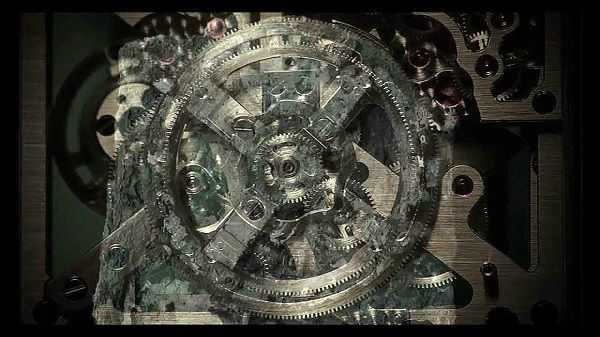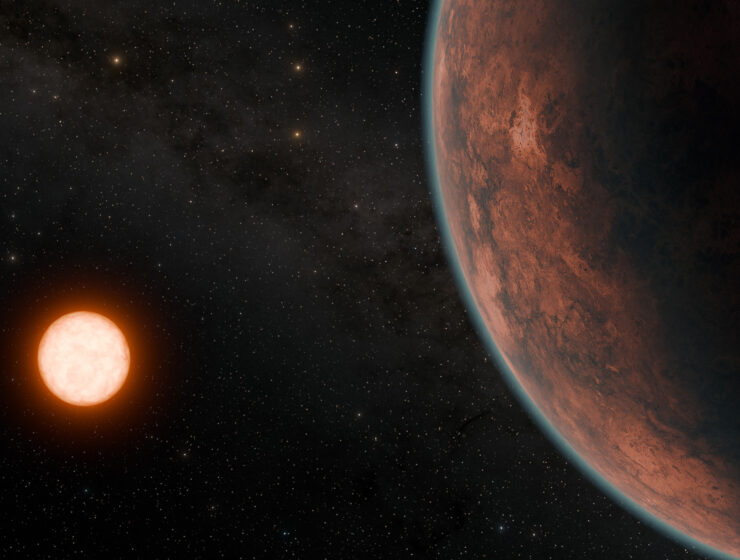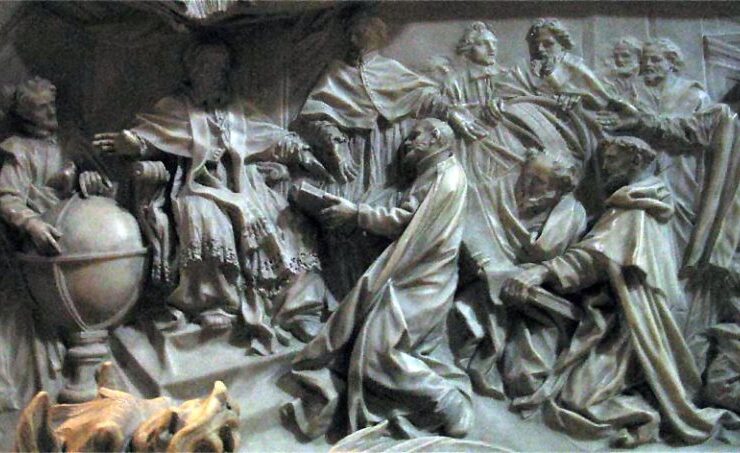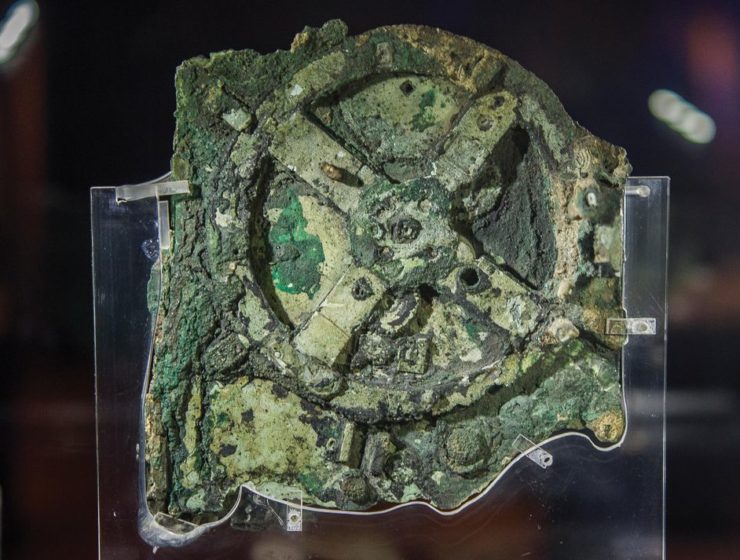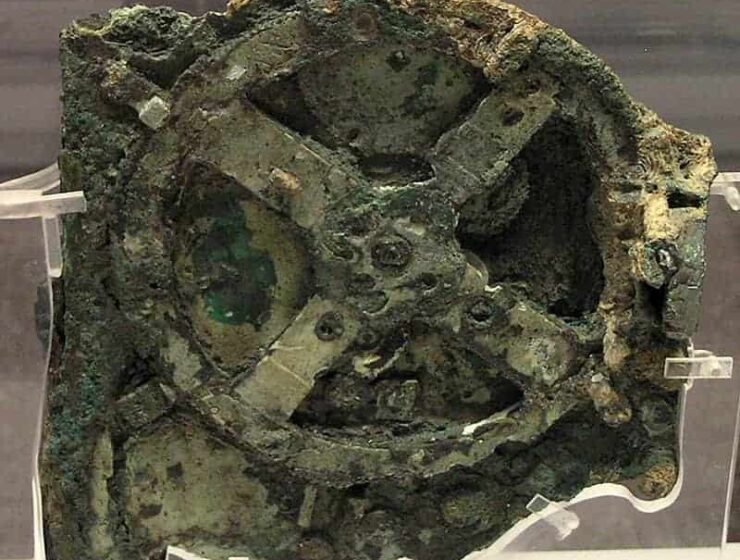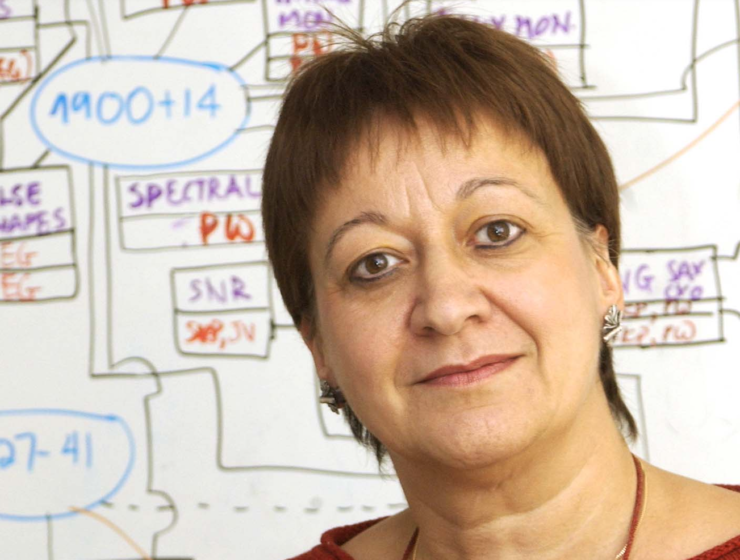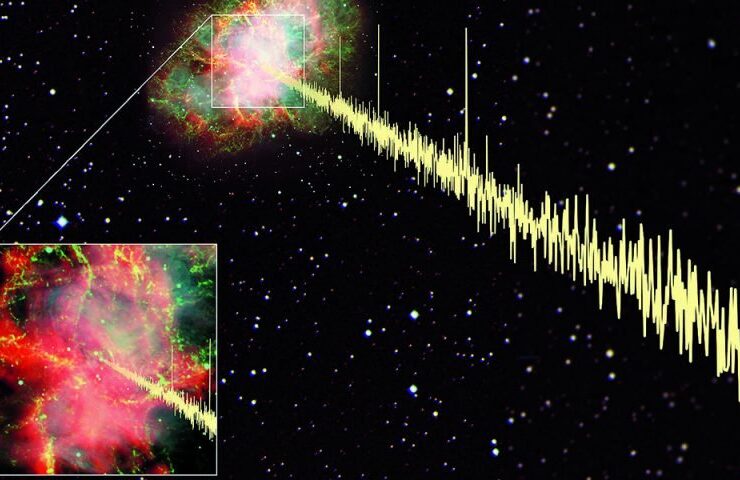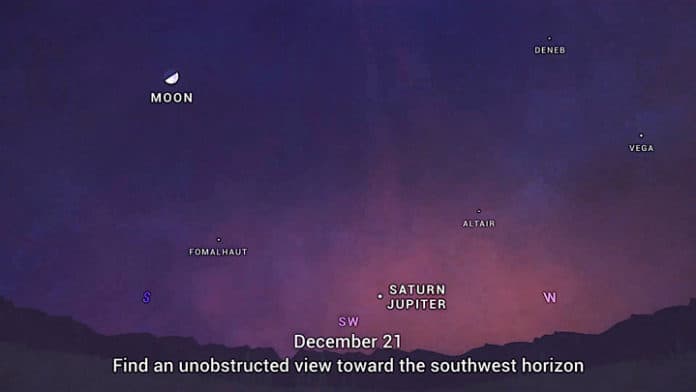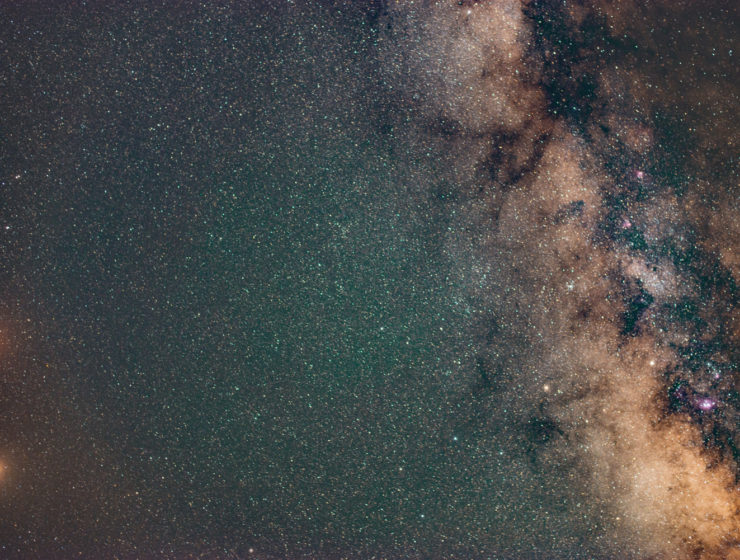Impressive images were offered by the "comet of the century" that appeared on Tuesday night.…
Tag: Astronomy
Starting today, a newly discovered asteroid, 2024 PT5, will accompany Earth as a "second moon" for two months. While it will be in orbit alongside our planet, it will only be visible through specialized telescopes. Planetary geologist Anesina Solomounidou explains that this phenomenon, involving near-Earth objects, is not uncommon and highlights the asteroid's unique approach to our planet.
A small asteroid, dubbed 2024 PT5, is set to become Earth's temporary "mini-moon" this Sunday, spending about two months in our planet's gravitational grasp. While too small to be seen with regular telescopes, scientists plan to study this space rock using the Gran Telescopio Canarias, hoping to learn more about asteroid origins and behavior.
A team of astronomers may have finally cracked the code of the Antikythera Mechanism, a 2,000-year-old astronomical device. Using methods more suited to studying gravitational waves, they've determined the precise number of teeth on a crucial component, revealing the astonishing precision of ancient Greek technology.
Shishir Dholakia, a PhD student at the University of Southern Queensland (UniSQ) Centre for Astrophysics,…
While Julius Caesar's name is synonymous with power and influence, the Roman emperor wasn't an…
Stunned researchers discover that, in addition to accurately tracing the movement of the sun, moon and predicting when eclipses would occur, the Antikythera Mechanism created by the Ancient Greeks around 100-200BC also tracked the movements of Venus and Saturn. "Our work reveals the Antikythera Mechanism as a beautiful conception, translated by superb engineering into a device of genius," the study concludes about the creation considered to be the world's first computer.
The Greek Orthodox St Catherine Monastery in Egypt's Sinai Peninsula has uncovered part of the…
Stunned researchers discover that, in addition to accurately tracing the movement of the sun, moon and predicting when eclipses would occur, the Antikythera Mechanism created by the Ancient Greeks around 100-200BC also tracked the movements of Venus and Saturn. "Our work reveals the Antikythera Mechanism as a beautiful conception, translated by superb engineering into a device of genius," the study concludes about the creation considered to be the world's first computer.
A recent study by NASA says that the lunar cycle combined with rising sea levels is set to drive major tidal flooding events predicted to sweep the earth in about 15 years' time.
The Prize is shared equally by Victoria M. Kaspi, a Professor of Physics and Director of McGill Space Institute at McGill University in Canada and Greece’s Chryssa Kouveliotou, Professor and Chair in the Department of Physics at George Washington University, USA.
Stunned researchers discover that, in addition to accurately tracing the movement of the sun, moon and predicting when eclipses would occur, the Antikythera Mechanism created by the Ancient Greeks around 100-200BC also tracked the movements of Venus and Saturn. "Our work reveals the Antikythera Mechanism as a beautiful conception, translated by superb engineering into a device of genius," the study concludes about the creation considered to be the world's first computer.
Many people have seen photos from space, but how many have actually heard what our universe sounds like? The “Music of the Stars” program is a unique space exhibition that opens in 2021, teaching the blind the magic of astronomy through real sounds from space.
Skywatchers are in for a treat. What has become known as the “Christmas Star”, bright…
Young Greek astrophysicist, Ioannis Liodakis, a postdoctoral fellow at the Finnish Centre for Astronomy with…
The annual Perseid meteor shower lit up skies above Greece on Sunday night, giving…




